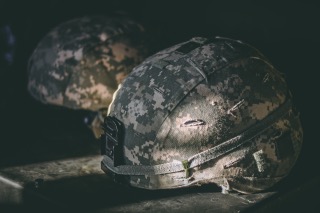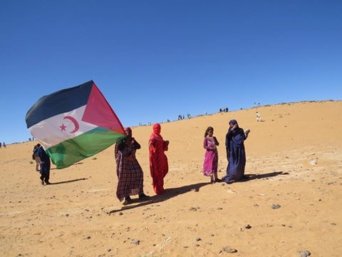- About
- Topics
- Picks
- Audio
- Story
- In-Depth
- Opinion
- News
- Donate
- Signup for our newsletterOur Editors' Best Picks.Send
Read, Debate: Engage.
| topic: | Political violence |
|---|---|
| located: | Niger |
| editor: | Bob Koigi |
The military coup in Niger has highlighted the fragile state of democracy and peace in Africa.
With a population of 26 million, the West African country has been known for its relative security and peace amid military coups and militant attacks that have caused hunger, displacement, and tens of thousands of deaths in the Sahel region.
A Global Terrorism Index released by the Institute for Economics and Peace indicates that the Sahel accounts for 43 per cent of the world’s terrorism deaths.
And as the region teeters on the precipice of a security crisis, with coups having cropped up in neighbouring Guinea, Mali and Burkina Faso, Niger has been a preferred partner by Western allies - among them the United States and France - for its perceived stability.
As the coup continues, the West African regional bloc, the Economic Commission of West African States (ECOWAS), has threatened military intervention if diplomacy fails.
This development could have dire consequences for peace and stability across West and Central Africa. For starters, it would bolster the activities of the militants, including recruitment of more local fighters, radicalisation and fueling of propaganda.
International security groups have warned that the violence risks reaching Ivory Coast, a country considered among the economic giants in the area.
As tensions escalate each day, the world waits with bated breath for the outcome of ECOWAS deliberations. The international community and the African Union must call for an immediate peaceful resolution of the situation, not only for Niger but also for regional peace and overall security. The alternative may take years to reverse and correct.
Image by Israel Palacio.

